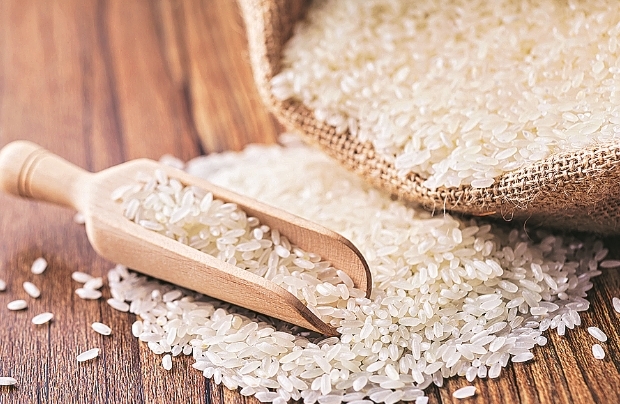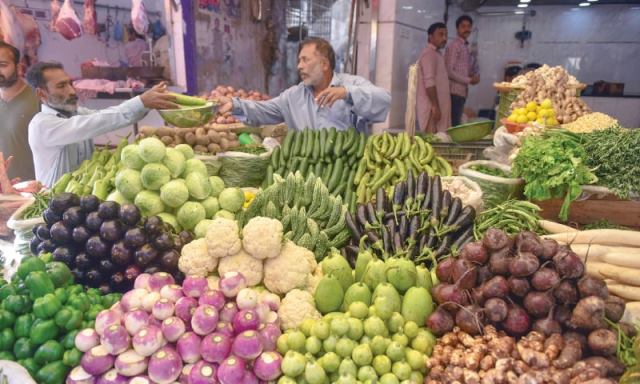IMF’s Chief Economist and Director, Pierre-Olivier Gourinchas, has said restrictions imposed by India on exports of certain varieties of rice are likely to exacerbate volatility on food prices in the rest of the world.
“And they (the ban on rice exports) can also lead to retaliatory measures. So, they are certainly something that we would encourage the removal of these type of export restrictions, because they can be harmful globally,” Gourinchas said in a press conference after it launched World Economic Outlook on Tuesday.
He was asked in the press conference on what would be the impact on the global inflation after India’s decision to restrict export of certain categories of rice.
Notably, India’s rice exports ban came soon after Russia’s announcement of pulling out from the United Nations and Turkey-brokered Black Sea grain deal.
The IMF chief economist noted that the Black Sea Grain Initiative was very instrumental in making sure that there would be ample grain supply to the world in the last year.
“And there are estimates of about 33 million tons of grain that were shipped from Ukraine to the rest of the world. And it helped keep price pressures on food and grain prices lower,” Gourinchas said.
“…now that this grain deal has been suspended, the same mechanics works in reverse, and it’s likely to put upward pressure on food prices,” he added.
Grains prices are estimated to rise 10-15 per cent, the IMF economist said.
The central government last Thursday amended the rice export norms putting the non-basmati white rice in “prohibited” category.
The export policy relating to non-basmati white rice (Semi-milled or wholly milled rice, whether or not polished or glazed: Other) was revised from “free” to “prohibited” and it came into force immediately.
However, export will be allowed on the basis of permission granted by the government to other countries to meet their food security needs and based on the request of their government.
West African country Benin is one of the major importers of non-basmati rice from India. Other destination countries are Nepal, Bangladesh, China, Cote D’ Ivoire, Togo, Senegal, Guinea, Vietnam, Djibouti, Madagascar, Cameroon Somalia, Malaysia, Liberia, and UAE.
India in September 2022 banned the exports of broken rice and imposed a 20 percent duty on exports of non-Basmati rice, except for parboiled rice amid concerns about an estimated low production due to a fall in area under the paddy crop. It later lifted the ban in November. (ANI)
Read More: https://lokmarg.com/

